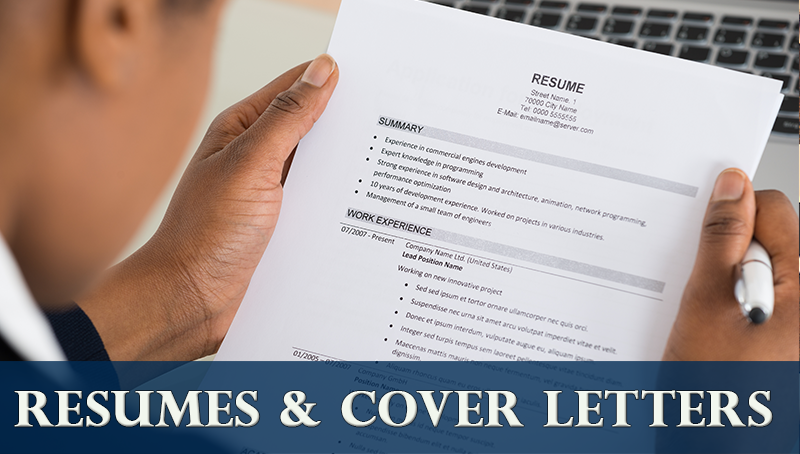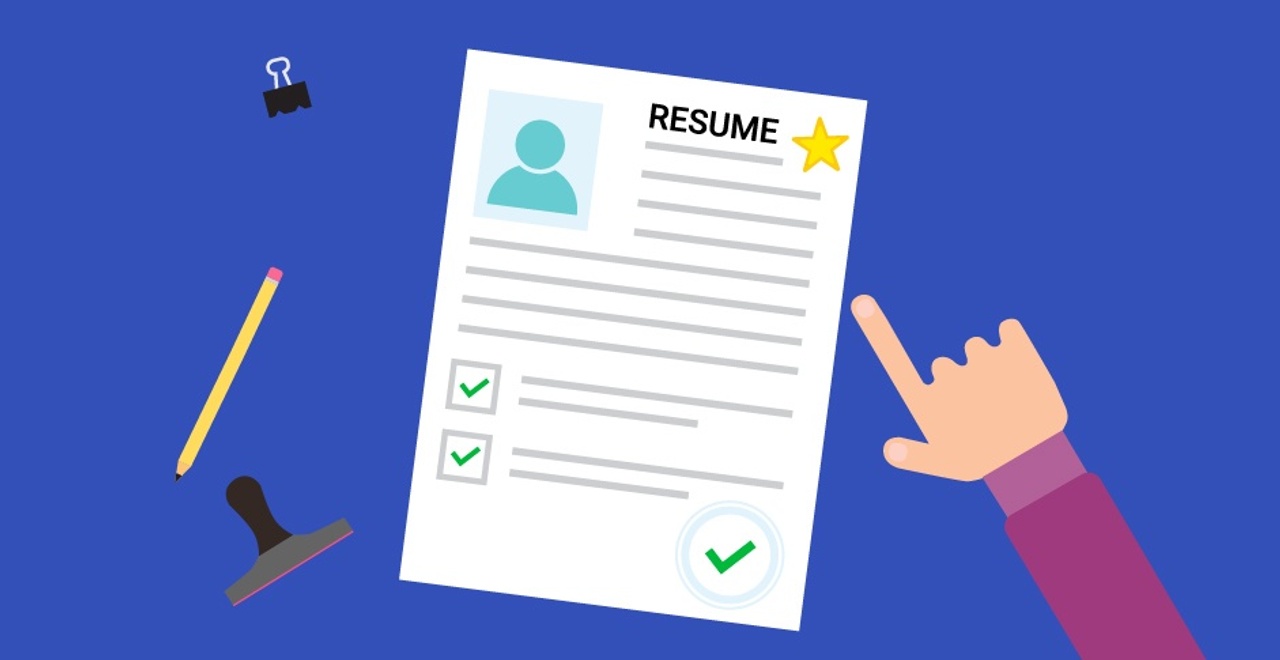When it comes to applying for a job, many people focus solely on perfecting their resume vs cover letter. While having a strong resume is certainly important, it’s also crucial not to overlook the significance of a well-written cover letter. Both of these documents play unique and complementary roles in your job application, each serving a specific purpose to help you stand out to potential employers.
The Purpose and Importance of a Resume
Your resume serves as a snapshot of your professional experience, skills, and accomplishments. It provides a concise overview of your qualifications and showcases your career progression. A well-crafted resume demonstrates your ability to organize information effectively, highlight your key achievements, and present yourself in a professional manner. Hiring managers use your resume to quickly assess your suitability for a particular job and make initial decisions about whether to move forward with your application.
The Value of a Cover Letter in Job Applications
However, a resume alone can only convey so much about who you are as a candidate. This is where the cover letter comes in. A cover letter allows you to go beyond the bullet points and provide more context about your career story, motivations, and aspirations. It gives you the opportunity to show your personality, enthusiasm, and writing skills, which can help you connect with potential employers on a more personal level.
Addressing Gaps and Showcasing Fit with a Cover Letter
In addition, a cover letter provides you with the chance to address any gaps or inconsistencies in your resume and explain why you are the perfect fit for the role. You can use it to tailor your application to the specific requirements of the job and showcase how your skills and experience align with what the employer is looking for.

Differentiating Yourself with a Strong Cover Letter
Furthermore, a strong cover letter can help you differentiate yourself from other candidates who may have similar qualifications. It allows you to highlight your unique strengths, accomplishments, and experiences that may not be fully captured in your resume. By telling a compelling story about your career journey and demonstrating your passion for the role, you can make a memorable impression on employers and increase your chances of getting noticed.
Conclusion: The Power of a Comprehensive Job Application
In summary, both the resume and cover letter are essential components of a job application, each serving a specific purpose in showcasing your qualifications and making a compelling case for why you are the best candidate for the job. While your resume provides a snapshot of your professional background and skills, your cover letter gives you the opportunity to go beyond the facts and demonstrate your personality, enthusiasm, and fit for the role. By investing time and effort into creating both documents, you can present a comprehensive and cohesive application package that maximizes your chances of securing your dream job.
